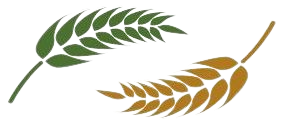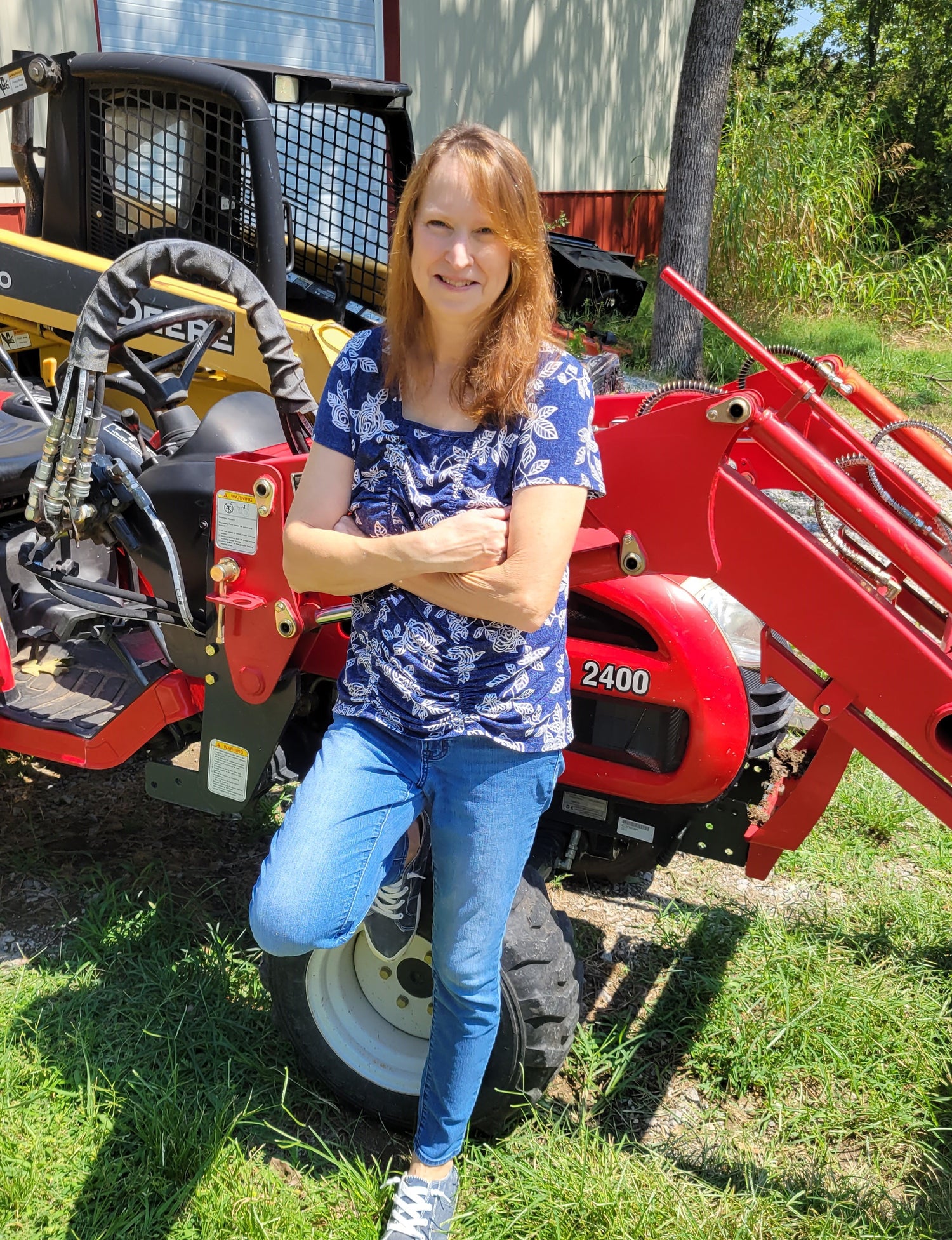
The Indian Blue Worm: A Brief Introduction
Indian Blue Worms, also known as Blue Perionyx or Blue Worms, are small, blueish-grey earthworms native to the Indian subcontinent. They belong to the family Megascolecidae and are renowned for their voracious appetite for organic matter, making them ideal composting allies. These earthworms are typically 3-5 inches long and have a slender body that is segmented. Their natural habitat includes rich organic materials, such as decaying plant matter, which is why they thrive in compost heaps and garden beds.
Composting with Indian Blue Worms
1. Efficient Decomposers: Indian Blue Worms have a remarkable ability to consume large amounts of organic waste. They feed on kitchen scraps, vegetable peels, fruit remains, coffee grounds, and more. As they digest this organic material, they break it down into fine, nutrient-rich castings, which are excellent fertilizers for plants.
2. Enhanced Aeration: As these earthworms move through the compost pile, they create tunnels, which improve aeration and drainage. Well-aerated compost allows beneficial microbes to thrive, speeding up the decomposition process.
3. Balanced pH Levels: Indian Blue Worms help maintain the compost's pH levels by producing mucus that counteracts acidity. This balance is essential for ensuring that the compost remains a fertile environment for beneficial microbes.
4. Disease Suppression: Studies suggest that earthworms, including Indian Blue Worms, can suppress certain plant diseases by enhancing the growth of beneficial microorganisms that combat harmful pathogens.
Soil Web and Gardening Benefits
1. Nutrient-Rich Castings: The castings produced by Indian Blue Worms are a nutrient powerhouse, containing essential elements such as nitrogen, phosphorus, potassium, calcium, and magnesium. When these castings are incorporated into the soil, they provide a slow-release, natural fertilizer that nourishes plants.
2. Improved Soil Structure: As Indian Blue Worms burrow through the soil, they create channels that promote root growth and enable plants to access nutrients and water more efficiently. This process enhances the overall soil structure, preventing compaction and improving drainage.
3. Microbial Activity: The digestive process of Indian Blue Worms enriches the soil with beneficial microorganisms. These microbes break down organic matter further, releasing nutrients in forms that are readily available to plants.
4. Sustainable Gardening: Utilizing Indian Blue Worms for composting and soil enhancement reduces the need for chemical fertilizers and pesticides. It fosters a sustainable gardening approach that is gentle on the environment.
Conclusion
Indian Blue Worms are invaluable allies for gardeners seeking a natural and sustainable way to enrich their soil and improve plant health. These humble earthworms play a pivotal role in the composting process, efficiently breaking down organic waste into nutrient-dense castings. Additionally, their presence in the soil contributes to a thriving soil web, enhancing overall soil structure and fostering a vibrant garden ecosystem.
By incorporating Indian Blue Worms into our gardening practices, we can create bountiful gardens while respecting and nurturing the environment. So, let's embrace these compost wizards and soil guardians to embark on a journey of greener and healthier gardening.

